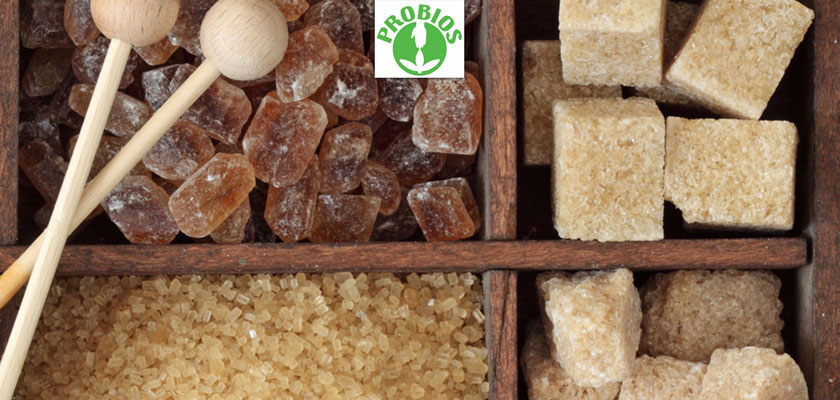
A research published on Nature in 2014 shows how artificial sweeteners can alter our intestinal flora and consequently affect on our metabolism, contributing to raise the risk of obesity, weight gain and diseases like type 2 diabetes. Even according to an other research from the University of Sydney, published on Cell Metabolism, saccharin and sucralose would affect on the mechanisms that control our hunger, stimulating our brain to ask more food than needed.
Researches like those ones still need more proves and demonstrations, so the only possible reaction is so far to control our behavior. Not sweetening food that is naturally sweet, or using natural sweeteners might be a good strategy to control our calorie intake and limit damages.
Probios offers a wide range of natural sweeteners such as malts, syrups, cane sugar and fructose, but also a line of products sweetened with only sucrose alternatives. Between the various options that Probios proposes, you find baked sweet treats from Break&Bio, La Via del Grano and TopGrain. Moreover, the plant based desserts from Rice&Rice, the compotes and fruit juices, teas and canned drinks, products for breakfast from Easy to Go and Altri Cereali and energy food for sport like BioChampion and Lubs’ energy bars.





